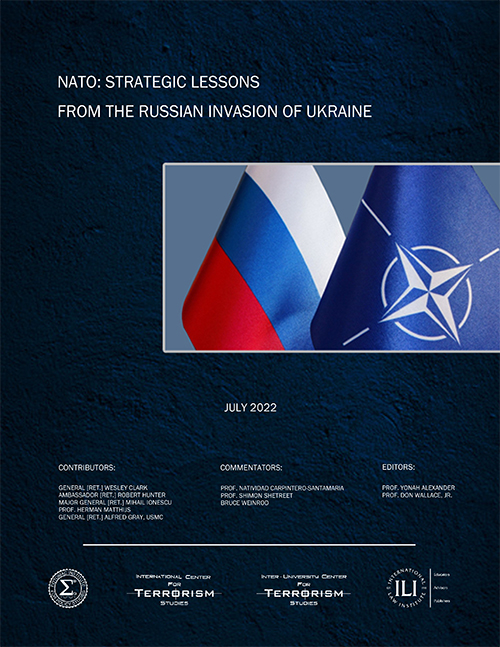 Recorded history has repeatedly provided tactical and strategic lessons on the nature of political relations within, between, and among nations. Numerous universal postulates for the conduct of statecraft have been offered by philosophers, politicians, scholars, and other observers reflecting on the experiences of diverse societies regarding what does and does not work.
Recorded history has repeatedly provided tactical and strategic lessons on the nature of political relations within, between, and among nations. Numerous universal postulates for the conduct of statecraft have been offered by philosophers, politicians, scholars, and other observers reflecting on the experiences of diverse societies regarding what does and does not work.
These collective insights focus on the perceived realities of national, regional, and global matters, including the role of history, the supremacy of self-interest, the cost of wars, and the benefits of peace. Other views deal with the nature of diplomacy in the struggle for power, and the value of multinational alliances in securing a stable world order based on the rule of law, the protection of human rights, and the advancement of economic progress and prosperity.
As NATO, the North Atlantic Treaty Organization, celebrates more than 70 years of existence, it remains the most significant defensive alliance in the past two centuries. In early 2022, its 30 nation-state members are still facing a broad range of old and new horizontal and vertical challenges. These include piracy, terrorism, regional conflicts, humanitarian crises, proliferation of weapons of mass destruction (WMDs), and cyber threats.
Moreover, NATO’s three core tasks, namely, deterrence and defense; crisis prevention management; and cooperative security are being critically tested during the Russian Federation war of aggression launched against Ukraine, a non-member independent country in the Euro-Atlantic region.
It is against this background that NATO has acknowledged Russia as its greatest direct security threat. The alliance announced its intention to defend “every inch” of its members’ territory. Additionally, Finland and Sweden have officially been invited to join the alliance. Other significant strategic measures have been adopted at the Madrid Summit Declaration on June 29, 2022.
The current report “NATO Strategic Lessons From the Russian Invasion of Ukraine” (July 2022) held as a Zoom Forum on April 28, 2022 focuses on the above developments and looking forward. This virtual Forum began with opening remarks by Professor Don Wallace Jr. (Chairman, International Law Institute) and was moderated by Professor Yonah Alexander (Director of the International Center for Terrorism Studies and Senior Fellow at the Potomac Institute for Policy Studies). The following distinguished panel of scholars and practitioners gave presentations and subsequent discussion; General (Ret.) Wesley Clark (Former Supreme Allied Commander Europe); Ambassador (Ret.) Robert Hunter (Former U.S. Ambassador to NATO); Major General (Ret.) Dr. Mihail E. Ionescu (Professor, National School of Political and Administrative Studies (SNSPA) Bucharest, Romania); Professor Herman Matthijs (University Ghent & Free University Brussels); Professor Natividad Carpintero- Santamaria (Professor at the Polytechnic University of Madrid (UPM) and General Secretary of the Instituto de Fusión Nuclear “Guillermo Velarde”); Professor Shimon Shetreet (Greenblatt Chair of Public and International Law, Hebrew University of Jerusalem; Former Cabinet Minister and MK, Israel); and Bruce Weinrod (Former Secretary of Defense Representative for Europe and former Deputy Assistant Secretary for European and NATO Policy. Closing remarks were delivered by General (Ret.) Alfred Gray, USMC (29th Commandant of the U.S. Marine Corps (1987-1991); Chairman of the Board of Directors and Regents, Potomac Institute for Policy Studies).
